Key Takeaways
- Optimize efficiency with the right mix of resources. By strategically combining FTEs, outside counsel, and interim talent, legal departments can streamline workflows, reduce bottlenecks, and improve overall agility.
- Let data prove your case. Track vital metrics like turnaround times and costs to prove your team’s value and justify resource requests to business leaders.
- Plan ahead. Don’t wait until you’re overwhelmed and in a crisis to build relationships with outside resources. Having a pre-vetted partner on call saves time and money when urgent needs arise.
- Consider all options. Don’t turn to outside counsel just because it’s what you always do. Interim legal talent with deep industry knowledge often costs less and hits the ground running.
Every in-house legal leader knows the struggle: Your team is stretched too thin, outside counsel costs are spiraling, and business demands are ever-increasing. While 58% of legal departments use outside counsel for peak periods, it’s a costly strategy. As Dylan Ramsey, Chief Legal Officer of iFit, notes,
“Using an outside counsel, even a junior associate who’s billing $500 or $600 an hour for an ordinary course commercial contract just makes no sense.”
What if you could get the best results by strategically combining full-time staff, outside counsel, and flexible talent—ensuring that you’re rightsourcing and maximizing value for every dollar spent?
Building a flexible legal team with full-time employees, outside counsel, and interim talent can dramatically improve efficiency and cost-effectiveness. In a recent webinar, legal leaders from iFit and Otsuka US shared how they’ve successfully implemented this approach. Watch the webinar here.
How to Build Your Legal Bench
Successful legal teams aren’t just hiring the right people — they’re building something much more powerful: a flexible system that can scale, reallocate, or adapt as business demands change. Gone are the days of the simple choice between adding headcount or outsourcing. Legal departments are getting creative and developing a rightsourcing approach, which maximizes efficiency and minimizes spend.
As Karen Galley of Otsuka US explains,
“I’ve used flexible talent as a consultant role as well, not just a producer of work and handling overflow. I’ve found some very experienced people who can step in and really be a strategic advisor to me as an SME in a certain space.”
Make Smart Resourcing Decisions
When deciding how to staff your legal work, get clear on your requirements:
- Workload volume: Is this a full-time need or intermittent work?
- Timeframe: Are you looking at a long-term requirement or seasonal help?
- Expertise: Do you require specialized knowledge or general legal support?
- Budgeting: What’s the most cost-effective way to get quality work done?
Remember to also consider your company’s risk tolerance and speed requirements. As Ramsey notes,
“My business is always focused on speed. That’s the thing they care about most.” In high-stakes litigation, such as M&A and capital refinancing issues, outside counsel can be invaluable to get the job done.”
Trista Engel, CEO of Paragon Legal, adds:
“Flex talent is brought in when you would typically do the work in-house, but don’t have the bandwidth. For overflow or specialized needs, flex talent is used to take on the day-to-day tasks, freeing up your team to take on new or more significant projects.”
Plan for Flexibility
Dylan Ramsey of iFit explains that flexibility requires readiness:
“To get actual value for money…you have to bring on interim talent when needed.” Ideally, this means maintaining a bench of pre-vetted professionals who know your business well and can hit the ground running.”
But flexibility isn’t just about having the right contacts—it’s about creating a structure that allows your organization to adapt seamlessly. Karen Galley of Otsuka US highlights the importance of internal readiness:
“There’s a certain amount of oversight that’s needed…to get that interim talent to understand your risk tolerance. A well-prepared organization ensures that transitions—whether bringing in interim talent, shifting priorities, or scaling efforts—are smooth and efficient.”
Consider the following steps to enhance adaptability:
- Build strong internal processes that allow for seamless transitions.
- Develop clear documentation and resources to maintain consistency across teams.
- Create template libraries and playbooks to streamline recurring work.
Win Your Organization’s Support for Flexible Staffing
Want your flexible staffing plan to succeed? It isn’t just about the legal work. You’ll need your CFO on board, and that starts with showing business value. As Dylan Ramsey shared,
“The longer I’m with a business, the better my forecasting and budget can be, and, in my experience, CFOs love accurate forecasts.”
Here’s how to win support across your company:
- Build credibility: Share clear forecasts with your CFO by presenting hard numbers about legal spending.
- Prove value: Show how your legal spending stacks up against sales revenue.
- Find funding partners: Work with other departments who need extra legal support and are willing to share costs.
- Track success metrics: Monitor everything from contract volumes to delivery speed to cost savings, giving you concrete data to justify resources.
- Celebrate wins: Keep a record of every dollar saved and every crisis averted, and share these victories with the leaders in your organization.
Tracey Scanlan notes,
“If you are to explore alternative options like interim support, that is a very, very quick and easy way to show value to your team. Last year we spent, you know, however thousands of dollars when we had our quarter end sales push. This year, we spent X dollars. It’s a very easy and obvious way to show cost savings.”
Real-World Flexible Staffing Case Studies
From holiday rushes to complex strategic projects, here’s how leading companies are using flexible legal talent to solve business challenges:
Handling Seasonal Surges at Consumer Goods Company iFit
When faced with a surge of holiday season contracts and marketing reviews, iFit’s legal team needed to move fast without adding permanent headcount. The solution was bringing in experienced interim lawyers who understood consumer goods.
“October, November, and December, I used a lot of interim resources to just keep the contracts and marketing wheels flowing,”
explains Dylan Ramsey. The result: Business kept moving at peak season without increasing permanent headcount or overwhelming the core team.
Transforming Legal Operations at Pharmaceutical Otsuka US
Otsuka’s legal team saw an opportunity to upgrade their operations but needed specialized expertise. Rather than permanently hiring staff, the company brought in a senior legal operations professional through Paragon’s flexible staffing solutions.
“I realized how talented she was and asked her to do a maturity assessment,”
shares Karen Galley, adding that the strategic advisor was able to accelerate the growth of Otsuka’s operations group and help advise on structure and best processes.
The Cost-Benefit Advantage of Interim Talent
When building their business case for flexible staffing or “rightsourcing,” leading legal departments focus on both direct costs and broader financial benefits.
- Traditional law firms: Junior associates can bill as much as $500-600 per hour for routine legal work.
- Flexible interim talent: Experienced in-house counsel typically bill at significantly lower hourly rates than outside counsel.
- Additional value: Unlike junior associates, seasoned flexible talent brings deep knowledge and immediate in-house business understanding, requiring less oversight.
Interim talent not only saves money but also saves organizations valuable time. By creating a pool of pre-vetted talent who understand your business, you can quickly deploy professionals when and where you need them the most with minimal onboarding formalities.
Trista explains while flex staffing should be quicker, it still requires an upfront commitment.
“They absolutely do need some base level training on your specific business model or risk tolerance or pace or systems, processes, etc. But they’ve got that experience of going into new companies and hitting the ground running pretty quickly.”
Your Flexible Staffing Guide
Before diving into flexible staffing, creating a framework or plan can help you fully understand your needs and challenges. Here’s your step-by-step guide based on insights from legal leaders who have successfully integrated flexible staffing into their organizations.
Ensure you understand your patterns:
- Map your workload fluctuations — like iFit’s Q4 holiday surge.
- Track your turnaround times and team capacity to identify where help is required.
- Document which tasks are routine versus those requiring specialized legal knowledge.
Get your house in order:
- Create playbooks and templates for common work.
- Build an onboarding guide covering company risk tolerance and business priorities.
- Set up system access protocols — iFit keeps email addresses ready for returning contractors.
Build relationships:
- Connect with alternative legal service providers (ASLPs) before workload surges or crises arise.
- Establish partnerships with your finance team to create a budget for flexible talent.
- Engage departments that might share costs for specific initiatives.
Set clear success metrics:
- Speed: Establish contract turnaround times and project completion rates. iFit’s Dylan Ramsey’s workflow platform shows “how long it takes from the day it comes into the door to the first time legal touches it and turns it around.”
- Cost: Compare spending across different staffing approaches, from law firm fees to flexible talent rates.
- Quality: Gather feedback from business clients and your legal team. Set clear expectations about turnaround times and service levels and track how well these are being met.
Volume: Track workload metrics like contract volumes, marketing review requests, and litigation portfolios. Knowing the figures helps justify additional resources when needed.
The Future is Flexible
Running a legal department today means dealing with constant change. One quarter, you might be managing the workflow smoothly, and the next, you’re swamped with urgent contracts. That’s why legal leaders are now building flexible teams that can adapt quickly. It’s not just about savings but also about creating a team that can confidently and professionally handle whatever is thrown its way.
What’s the key lesson from legal leaders who’ve made this approach work? Plan ahead. Don’t wait until your team is overwhelmed to start building your talent bench. Take time now to connect with trusted flexible talent providers, create simple but effective onboarding processes, and track the kind of results that will get your CFO excited.
Want to learn more about how we can support your team? Explore flexible talent today and request an attorney.

